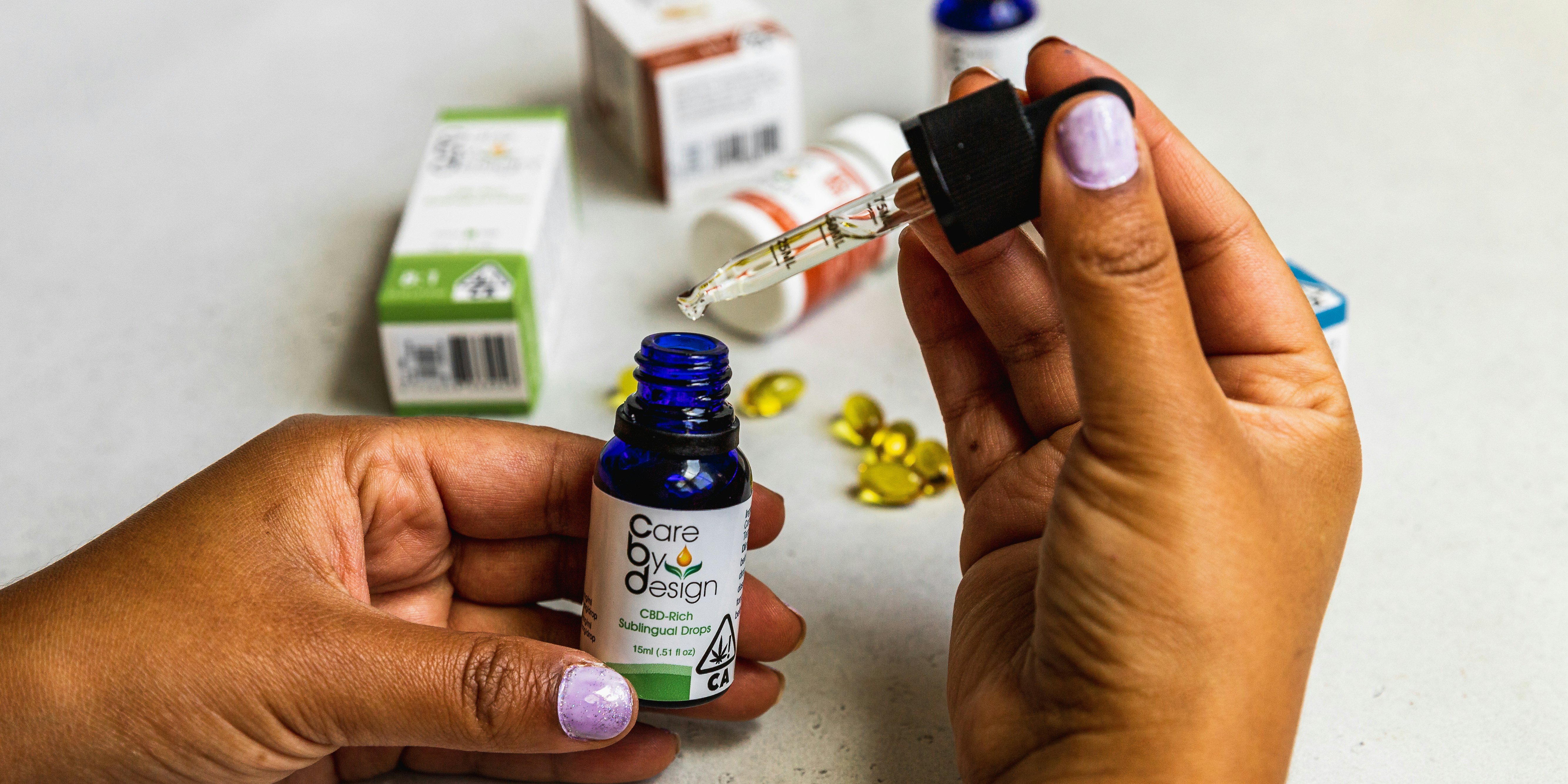You want to start a CBD business. The market for CBD products is still relatively new and growing rapidly, so it’s an excellent time to jump in. However, it would be best to do your research to understand the market, the products, and the customers before you get started. The more you know, the better prepared you will be for success. Here are five tips for starting a CBD business.
1. Find a supplier you can trust.

Over recent years, the market has been inundated with CBD products. However, not all products are made the same or share the same quality. To start a business that will thrive, you need to create something that will encourage repeat business, and the best way to accomplish that is by selling a high-quality product. Companies such as Opulent Organics sells cbd wholesale to smaller merchants throughout the country. To ensure they are selling a superior product, Opulent Organics uses third-party labs to test their products for purity. They assert that everything they sell is 100% pure USA Hemp, contains 0.0% THC, and is pharmacist approved. They offer a range of CBD products, including oil, capsules, gummies, and energy drinks. Additionally, the company’s website provides a wealth of information and articles about products, CBD usage, and news from within the industry.
2. Learn about your customer.

Learning who your customer is, how they shop, what they are interested in, and why they are interested, will be critical to the success of your business. If you do not know your customer, you won’t know what products to carry and how to market your business. SurveyGizmo offers Voice of the Customer or VOC survey questions designed to help you get to know your customers on a deeper level which is hugely beneficial to you as a startup entrepreneur. You know that your customers will be interested in CBD products, but knowing why will help you tailor your customer experience to their needs.
Additionally, knowing your customer’s needs will help you educate people who may not realize they are interested in your products. While finding a supplier of high-quality products is the first avenue to take for repeat business, the second avenue is offering the highest quality customer service. The first step towards providing superior customer service is knowing your customers.
3. Decide if you open a retail location or sell strictly online.

You can build success with just an online store or combining an online store with a brick-and-mortar store. However, you don’t want to not have an e-commerce store because you will likely not get enough business through only a retail location to grow. The key to a successful e-commerce store is providing the best possible shopping experience. The digital space is so crowded and competitive that it’s easy for customers to move on to a different website if they get frustrated trying to shop on your website. Knowing what direction you want to focus on is a critical part of your business plan and a decision you need to make before investing further in your idea.
4. Get professional help in establishing your online presence.

The best way to ensure the most seamless customer experience is to hire a Shopify expert to work with you establishing your store and making sure it’s equipped with the software and features necessary to be successful. Hiring a professional will allow you to focus on other areas of your business while also ensuring it’s done correctly. Often new business owners will attempt to do web development and other online tasks themselves to save money. While not hiring a professional will save money, you’ll most likely end up sacrificing time, energy, and quality, which could be disastrous for your new business.
5. Be versatile with your marketing.

Use the information you obtained from the VOC survey and take multiple marketing routes to ensure you are potentially reaching all of your customers. Let go of any preconceived ideas or notions you have about marketing and be open to suggestions and brainstorming. While staying within a marketing budget is essential, don’t let costs be the only determining factor in your marketing strategy. The return on investment and customer acquisition costs need to be your primary focus.














